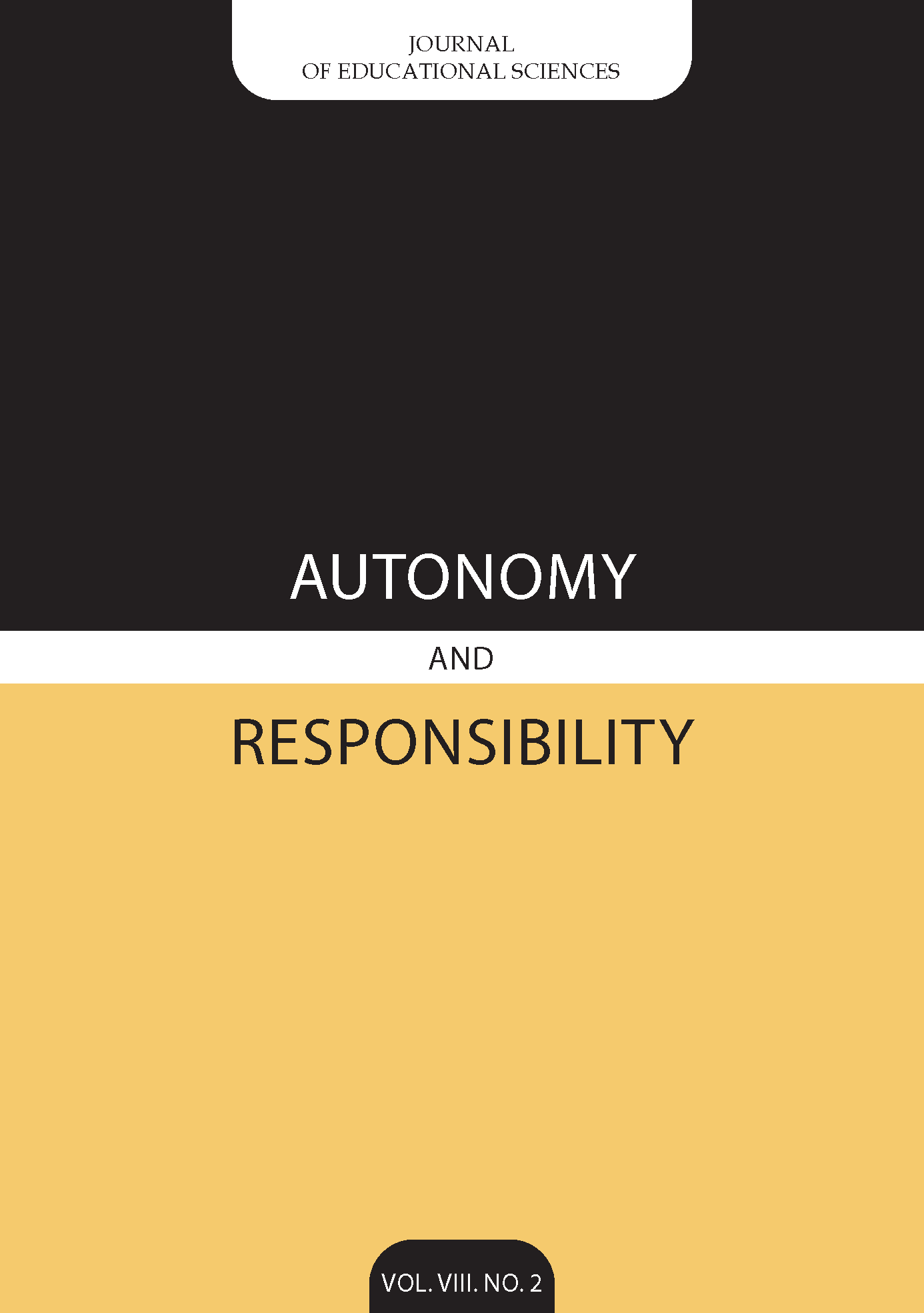How Jewish Values and The Chavruta, Student Learning Groups, Support Cooperative Learning
DOI:
https://doi.org/10.15170/AR.2023.8.2.5Kulcsszavak:
Cooperative learning, Jewish Values, Student Learning GroupsAbsztrakt
While cooperation in education may seem to be a twentieth-century development, it has long-standing origins in many societies. For example, an ancient Jewish tradition of having a learning partner (Chavruta) with whom to study the Talmud is referenced as early as the Babylonian Talmud (Shabbat 63a). Cooperative learning (CL) has developed in secular education over a period of more than fifty years. Eventually, some of us realized that the core values of cooperative learning are compatible with the values of the world's religions. In this paper we examine the relationship between cooperative learning and selected values within Judaism.
Letöltések
Downloads
Megjelent
Hogyan kell idézni
Folyóirat szám
Rovat
License
Copyright (c) 2024 Richard D. Solomon, Wallace Greene, Neil Davidson

This work is licensed under a Creative Commons Attribution-NonCommercial-NoDerivatives 4.0 International License.



